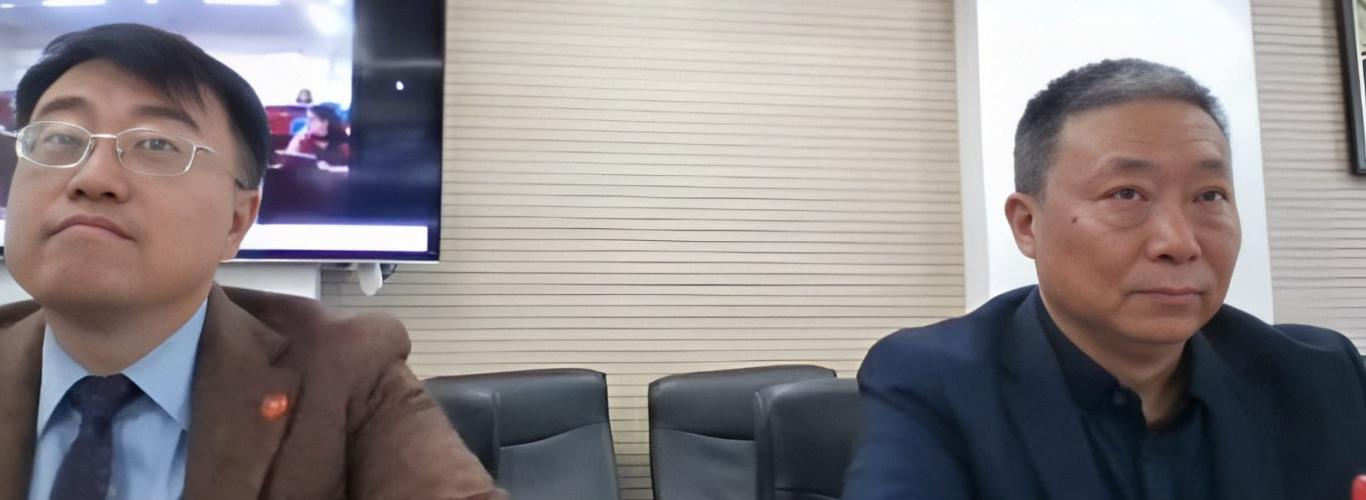CCLS Talk Series '25: Peking University Law School Delivers Session on Cross-Border Arbitration and Mediation
On April 30th, 2025 the Centre for Chinese Legal Studies (CCLS), Shaikh Ahmad Hassan School of Law (SAHSOL) at LUMS continued its 2025 Talk Series with a lecture on "Understanding Cross-border Arbitration and Mediation: Insights from a Chinese Perspective". The session was arranged in collaboration with Peking University Law School, and aimed to give students at LUMS a working understanding of alternative dispute resolution practices in China.
Insights regarding international arbitration in China were provided by Dr Zhang Zhiyong, a professor of international arbitration at Peking University and an expert on international financial and trade law. He provided a through explanation of the development of China's absolute immunity doctrine, and highlighted case law that signified shifts in international dispute resolution in Asia. He also offered prescient insights into China's approach to navigating cross-border agreements, as well as the flexibility of international financial contracts. He concluded by offering his insights on possible future developments of Chinese dispute resolution, stressing the importance of effective legal recourse at all levels of governance.
Concurrently, a complete analysis of China's alternative dispute resolution system was offered by Dr Cao Zhixun, a professor of dispute resolution and an expert on civil procedure and comparative law. He began by highlighting differences in Chinese and common law approaches to dispute resolution, stressing the suitability of arbitration outcomes for commercial dispute resolution. He provided insights related to the hybrid nature of dispute resolution proceedings in China and other Eastern countries, incorporating aspects of litigation, mediation, and arbitration. At the request of students, he provided a detailed explanation of litigation procedures in China, covering their benefits, drawbacks, and development.
The session was uniquely informative and contributed to the audience's understanding of alternative dispute resolution and its possibilities. Questions regarding international arbitration and civil procedure were posed to both professors by students and other professionals. The session concluded with promises of future engagement between Peking University and the Centre.
;

